1. Anger
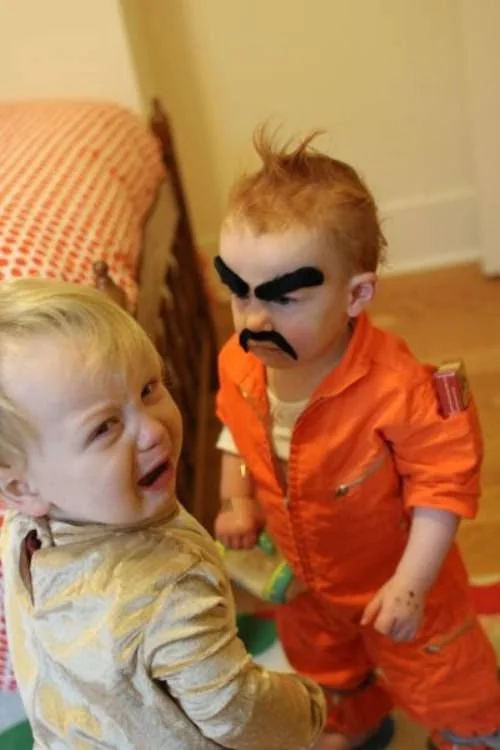
image source: reddit.com
People who have experienced childhood trauma may be angrier than the average person. They may lash out and get annoyed at the most minor thing. They're often angry at what happened to them and will take it out on the rest of the world. They need intense therapy to help regulate this and sometimes require medication.
2. They Are Startled Easily

image source: reddit.com
Those who have grown up feeling threatened will be hyper-vigilant of their surroundings. You may notice that they jump more easily as any little sound or surprise will alert them to danger. These people need to feel safe at the core which takes a lot of work.
3. Flashbacks

image source: reddit.com
Unfortunately childhood trauma doesn't happen just once. Those who have experienced it regularly relive it over and over again in the form of flashbacks. Flashbacks can be triggered by familiar things, or they can be completely random and happen any time of day.
4. Problems With Sleep

image source: reddit.com
As those who have experienced childhood trauma can relive their past, the are likely to experience issues with sleep as this is where they're alone and it's quiet. A person sensing danger is less likely to drop off as their body thinks they need to be in a fight or flight mode, so issues with sleep can be a big problem.
5. Struggles With Relationships

image source: huffingtonpost.co.uk
If someone with childhood trauma hasn't been exposed to positive relationships then they'll struggle to understand what a positive relationship looks like. This will affect how they have relationships in future as they don't know how they should be treated; they usually believe they deserve to be treated badly.
6. Low Self-Esteem
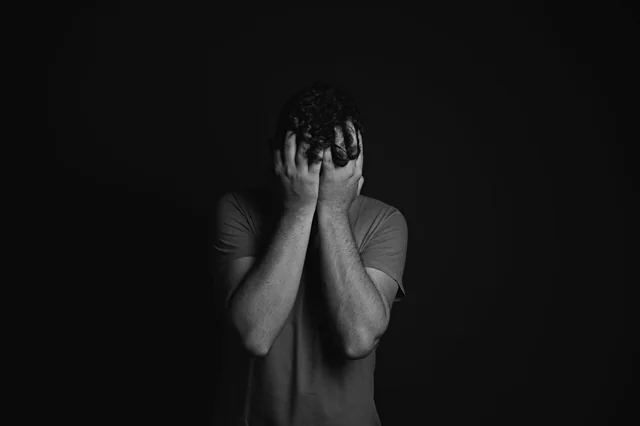
image source: reddit.com
If someone has been treated badly, their self-esteem will suffer. They will often believe that they are worthless if they have been told it enough, and will struggle to see the good in themselves. Sometimes it takes a little helping hand to make them feel good about themselves.
7. Unable To Cope With Emotions

image source: Bridget's Bunnies
A person living in a dysregulated state may struggle to handle their emotions, which are probably quite intense due to the trauma experienced. They were probably never taught how to cope with their feelings and may instead be reactionary as they don't have the capacity to pause when agitated.
8. Chronic Stress

image source: reddit.com
With hypervigilance comes stress, as a person who has experienced childhood trauma has a nervous system that constantly senses danger. With a million thoughts and emotions running wild, a person simply cannot relax so will find themselves in an ever present state of stress which causes all sorts of problems.
9. Irritable

image source: reddit.com
Those recovering from childhood trauma may find themselves quite irritable. Their brains are in overdrive which causes exhaustion, so even the littlest inconvenience may see them lose their temper. It is only when this behavior is recognized can anything be done about it.
10. Numbness

image source: reddit.com
A method of survival during traumatic times is to feel a sense of numbness. As a person experiences extreme emotional shifts, their system may shut down as a way of avoiding danger. It may be better for them not to feel anything at all rather than everything all at once.
11. Substance Misuse
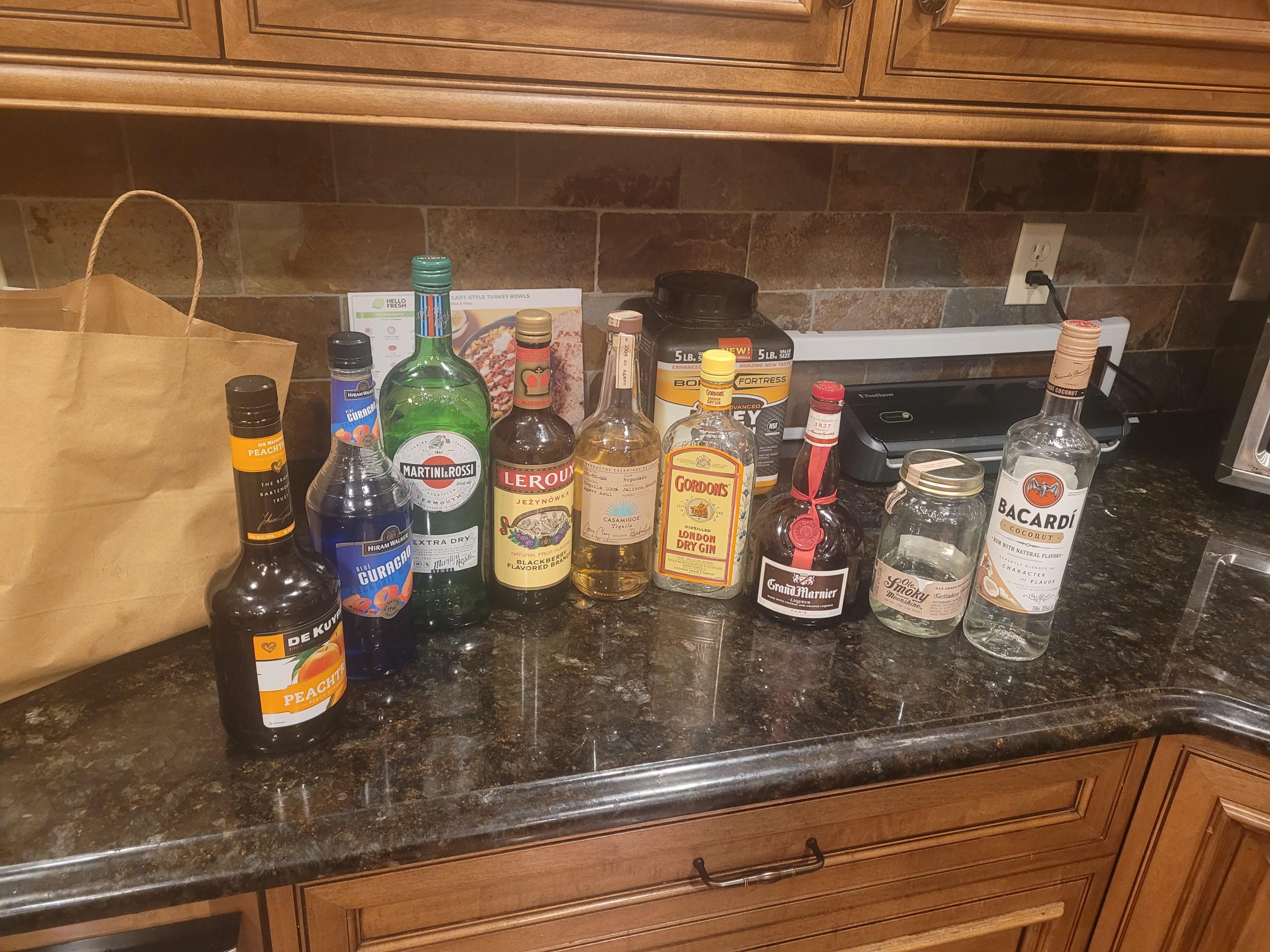
image source: reddit.com
Another way of creating a sense of numbness is to artificially impose it. Those who have experienced childhood trauma may turn to substances to change the way they feel, or even just to get a bit of sleep. Substance abuse is not a productive way to cope and therefore will need treatment.
12. Avoids Some Conversations

image source: reddit.com
Certain conversations will have the ability to transport the individual back to their traumatic childhood, so are best to be avoided all together. Topics may be too difficult to talk about so those afflicted will be armed with excuses to leave conversations which might be triggering.
13. Strong Feelings Towards Certain People

image source: petsworld.in
If a person reminds an individual who has experienced childhood trauma of someone negative in their life, then they are likely to feel a sense of unease around them. This may be obvious as their body language becomes more hostile, so if you're that person then a little understanding will be beneficial for you both.
14. Nightmares
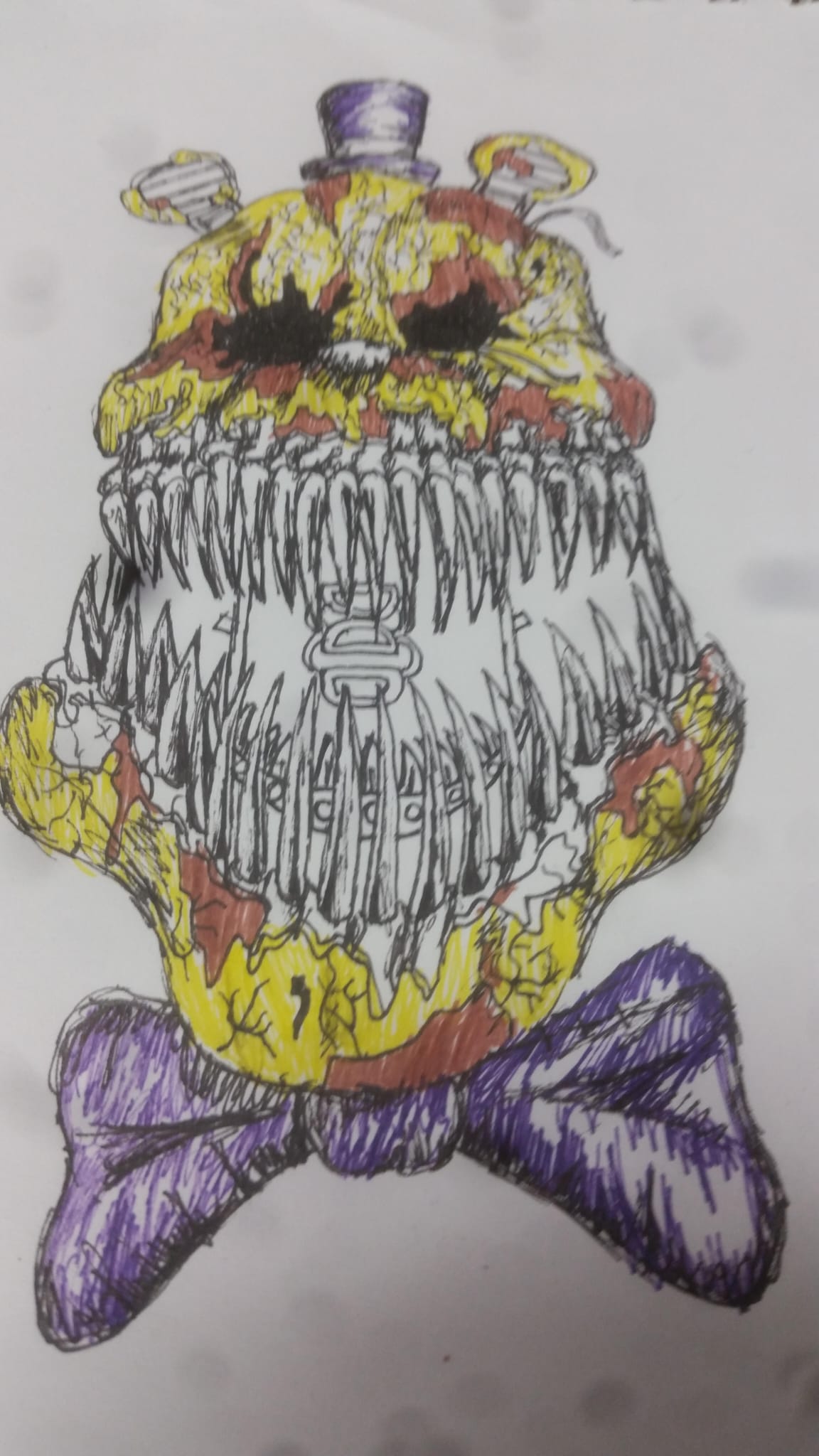
image source: reddit.com
Flashbacks can come in the form of nightmares. Many people who have experienced childhood trauma will experience frightening dreams, that may or may not be about exact things that happened to them. It means that the person doesn't get a break from their trauma, which is really sad.
15. Unpredictable Mood Swings

image source: reddit.com
Those struggling with trauma often have extreme mood swings, which may seem to come from nowhere. They are dysregulated and therefore are likely to have seemingly random averse reactions that they are unable to control. This often sets a cycle as they have a negative response to their moods, whilst being unable to control them.
16. Erratic Behavior

image source: reddit.com
As these people haven't had their basic needs met in childhood, they search out ways to meet them in adulthood yet don't always know how to do so. They may seek out bad relationships, partake in risky behavior, and have unusual conversations as they attempt to fill a void.
17. Anxiety
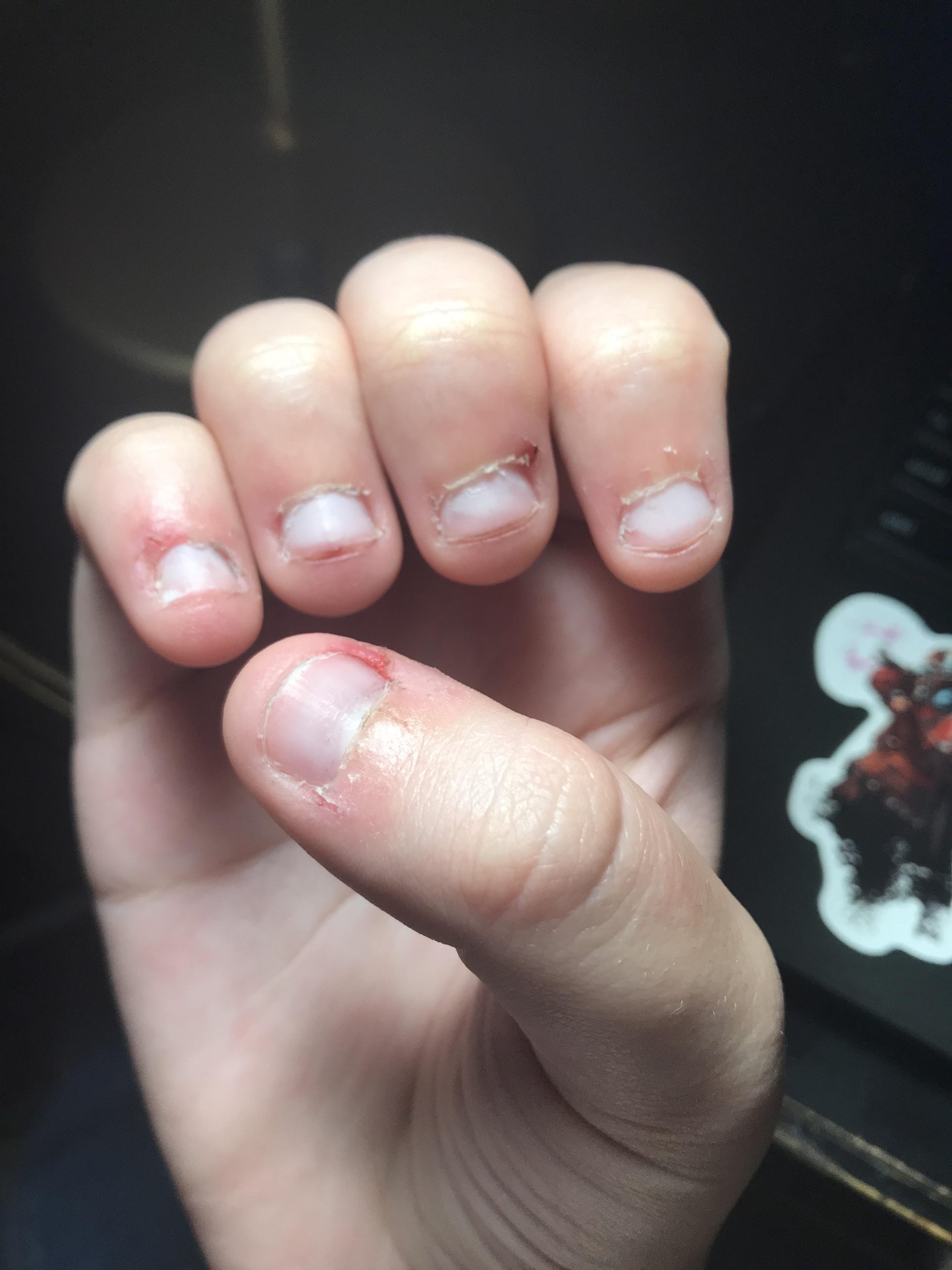
image source: reddit.com
If an anxious state is what they're used to, then an anxious state is probably what they'll find themselves in most of the times. It may be a general feeling of anxiety or they may become anxious about certain things, which can be really difficult to manage.
18. Memory Loss
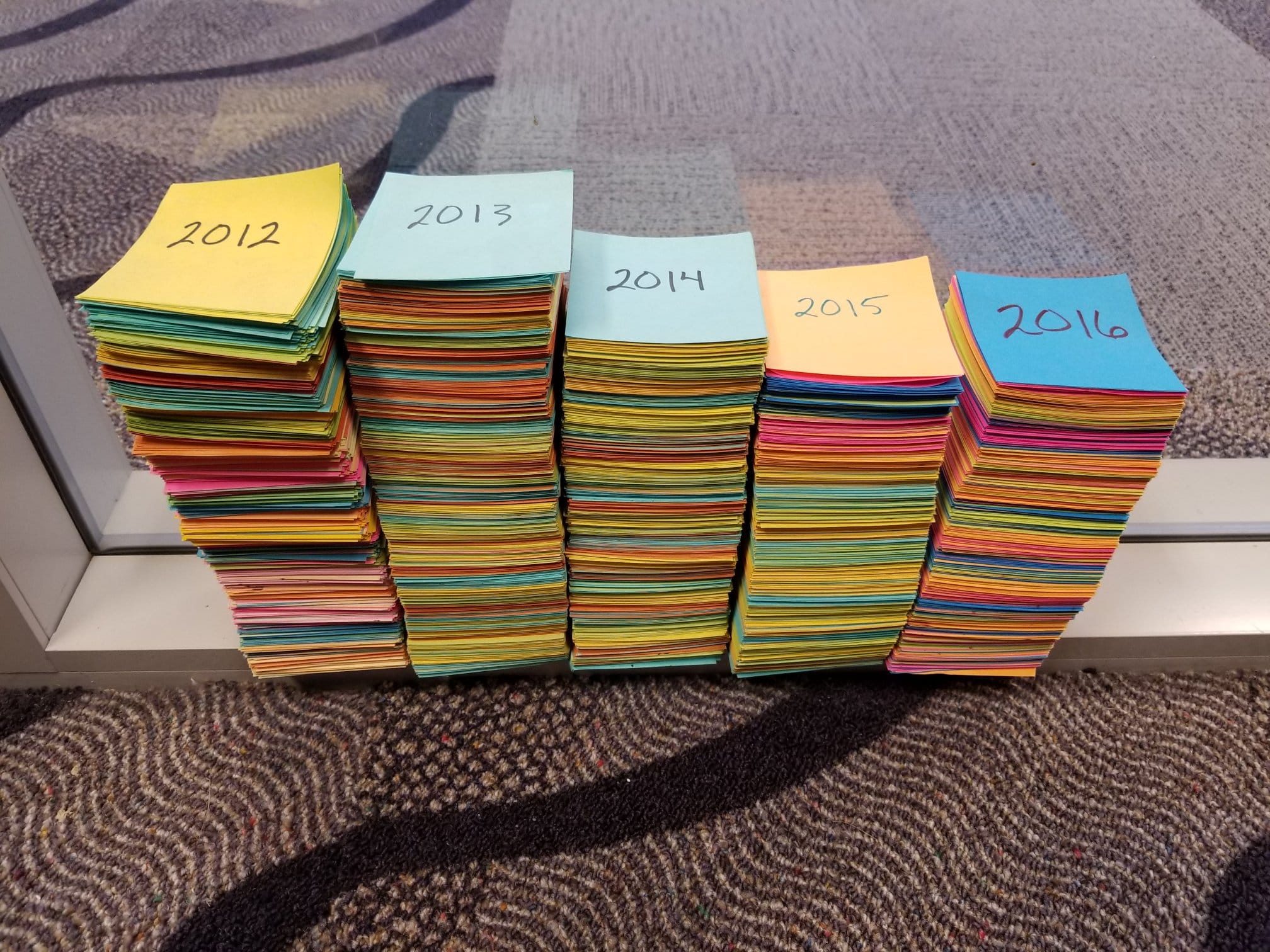
image source: reddit.com
Our bodies are intelligent things, and often work to protect us from peril. The brain interprets traumatic memories as a threat, and so will work to eradicate them by causing memory loss. The only thing is, sometimes the brain gets it wrong and wipes out other memories too, so don't be surprised if those with difficult histories are quite forgetful.
19. Unable To Cope With Life

image source: reddit.com
Life can be quite overwhelming for the average person, however those with traumatic childhoods find it even more so. They may find themselves unable to cope with the most mundane tasks, and fall behind with things that need to be kept on top of. It's important for them to ask for support in getting through.
20. Depression

image source: reddit.com
It's so common for those with childhood trauma to struggle with depression, as what happened to them is likely to impact their mood in a negative way. The illness can be very intense so it is crucial that they seek out help so they don't spiral into a pit of depression which will affect all aspects of their lives.
21. Negative Coping Mechanisms

image source: reddit.com
As the individual carrying childhood trauma struggles to live with what happened to them, they will probably seek out coping mechanisms which aren't helpful in the long run. These techniques usually offer some relief for a brief period, however they usually end up making the person more mentally and physically ill than they were before.
22. Attachment Issues
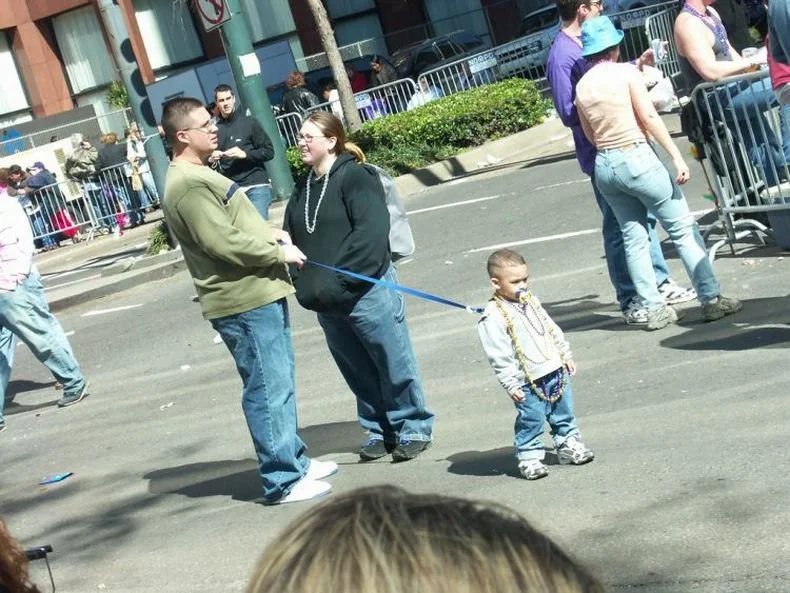
image source: reddit.com
Usually those with traumatic childhoods have had unhealthy attachments with adults, which gave them a blueprint for an attachment style when they reach adulthood. Alternatively, they may not have experienced any attachments whatsoever and so have no idea how to form healthy attachments in future relationships.
23. Isolation

image source: reddit.com
Those with childhood trauma may find themselves isolating if the world gets too much. They may become overwhelmed with people and just wish to be alone. Anything can trigger a trauma response which often causes people to hide away and avoid any human interaction.
24. Panic Attacks
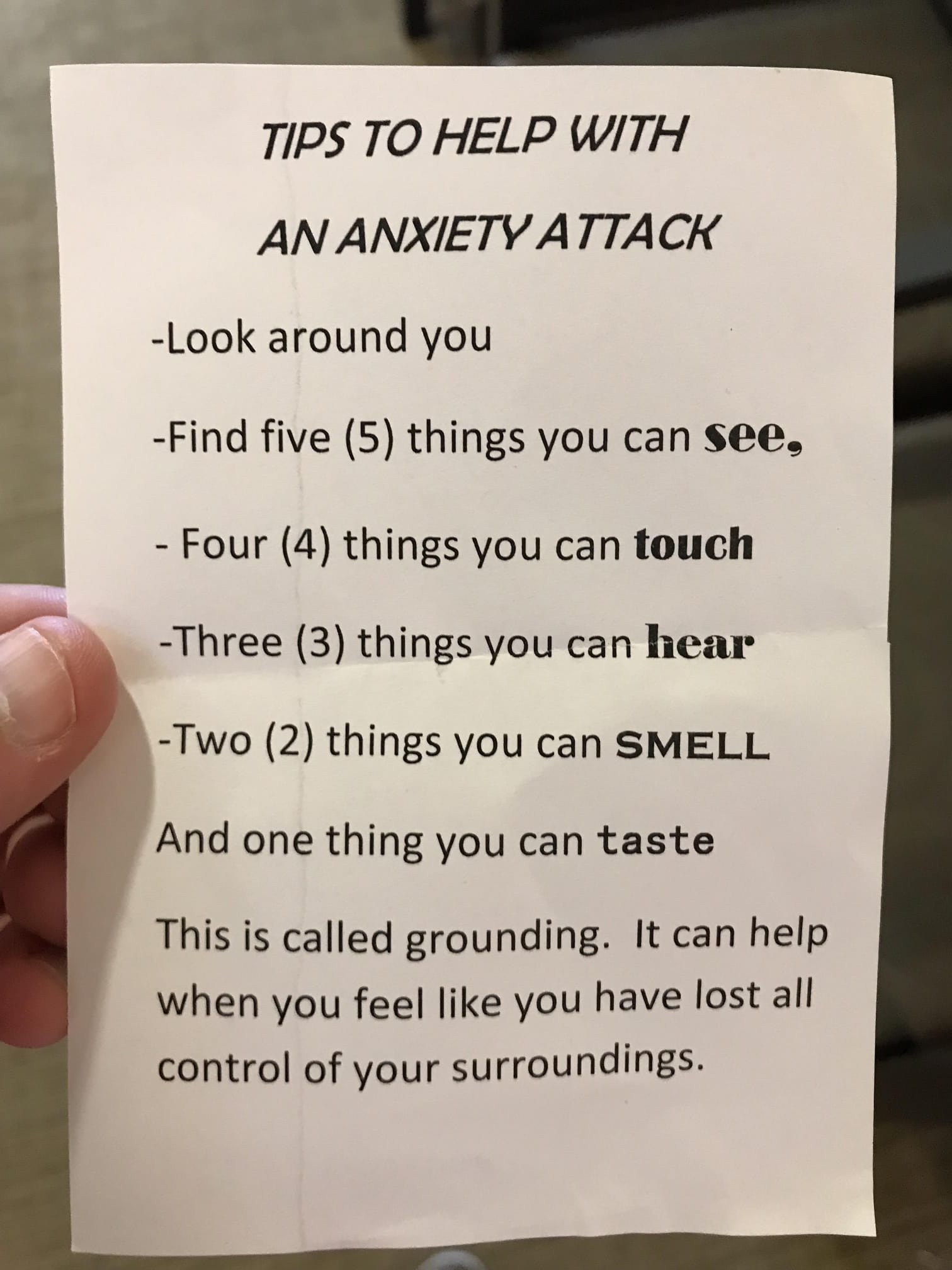
image source: reddit.com
Trauma responses may come in the form of panic attacks. Panic attacks can range in severity and there a many different symptoms. They may be obvious panic attacks where the person hyperventilates, or they could be silent where they feel extreme discomfort, their heart starts racing and they experience sweating.
25. Hypervigilance

image source: menshealth.com
Someone traumatized may live in a state of hyper-vigilance, where they are overly aware of what's happening around them. This comes from the fact that they feel as though they need to be ready to defend themselves at any given moment, even when it is unnecessary.
26. Don't Talk About Their Childhood
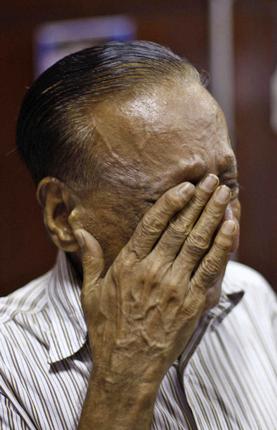
image source: reddit.com
If there has been significant trauma in childhood then it is likely that the person will feel uncomfortable talking about it. If this period is ever brought up in conversation then they'll probably shut down or change the topic. Don't be offended if you don't get to learn about their upbringing.
27. Dissociative

image source: livescience.com
Many people who carry trauma find that they dissociate during triggering moments. It may seem as though they mentally 'disappear' for a period, as it's something they had to do for survival. It becomes and ingrained behavior and usually lasts into adulthood.
28. Self-Harm
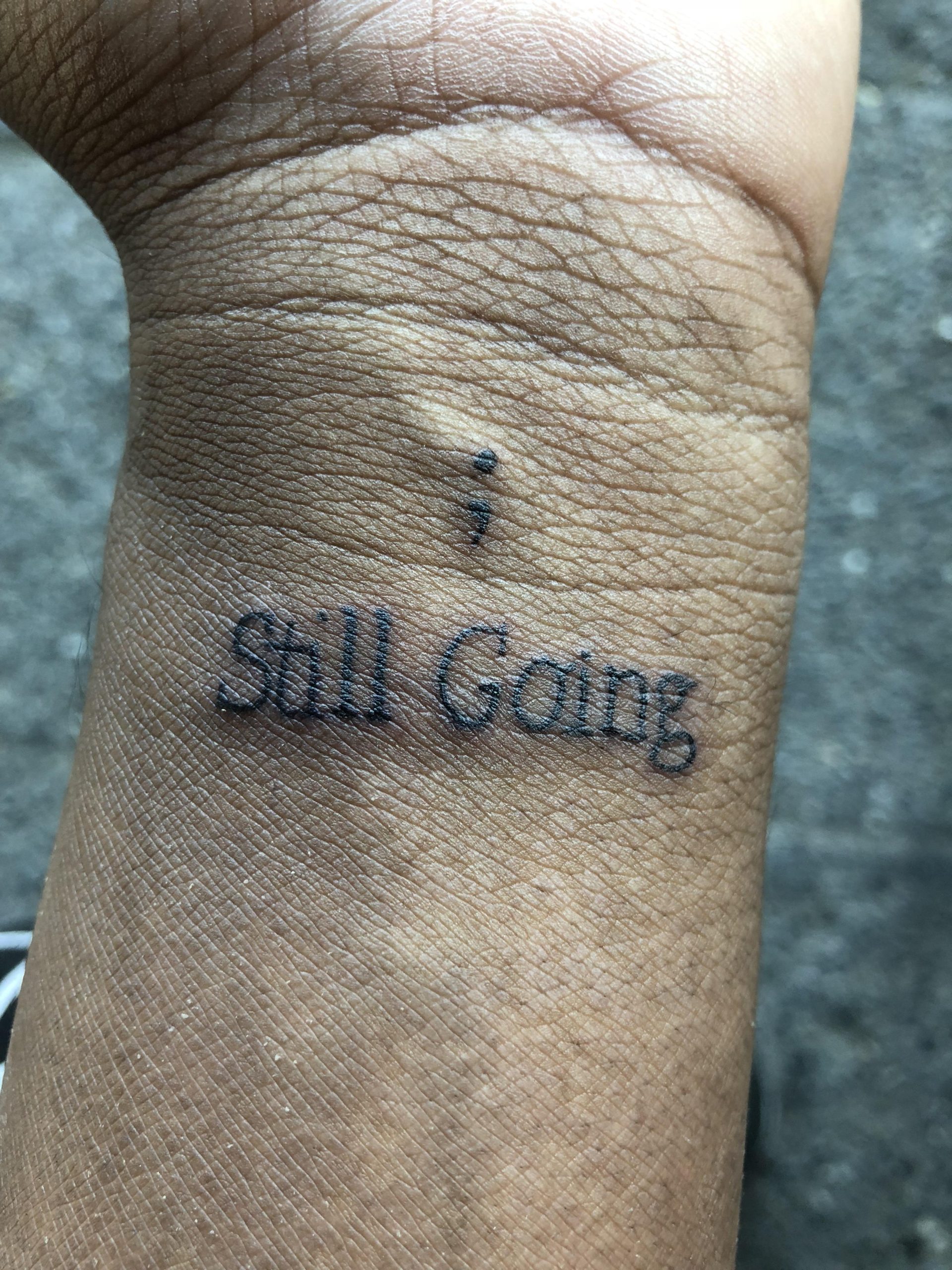
image source: reddit.com
Self-harm can come in many forms, and doesn't have to be the typical physical injury which we associate it with. People can self-harm with food, relationships, and destruction, and it is really common for those with childhood trauma. They may act out these behaviors until they find better ways to cope.
29. Childish Hobbies

image source: reddit.com
As those with childhood trauma didn't have an upbringing where they were free to act like a child, the probably never really grew up. They may continue to act like a child because now they're able to, which can hinder their development into adulthood.
30. Overly Protective Over Children
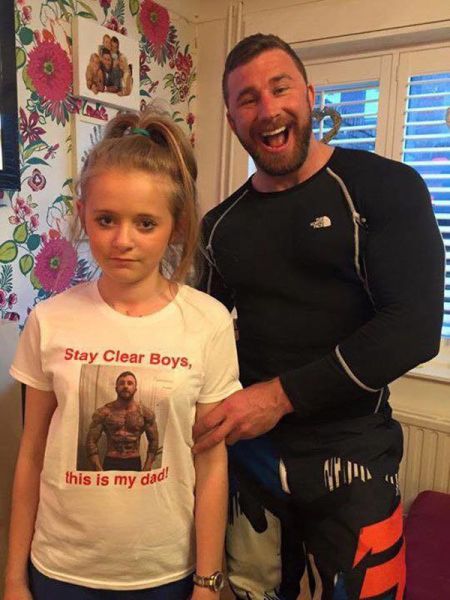
image source: reddit.com
Those with childhood trauma may be overprotective when it comes to children, as they want to offer the happiness and security that they never had. Looking after kids may heal a childhood wound as they feel as though they're looking after their younger selves.





























